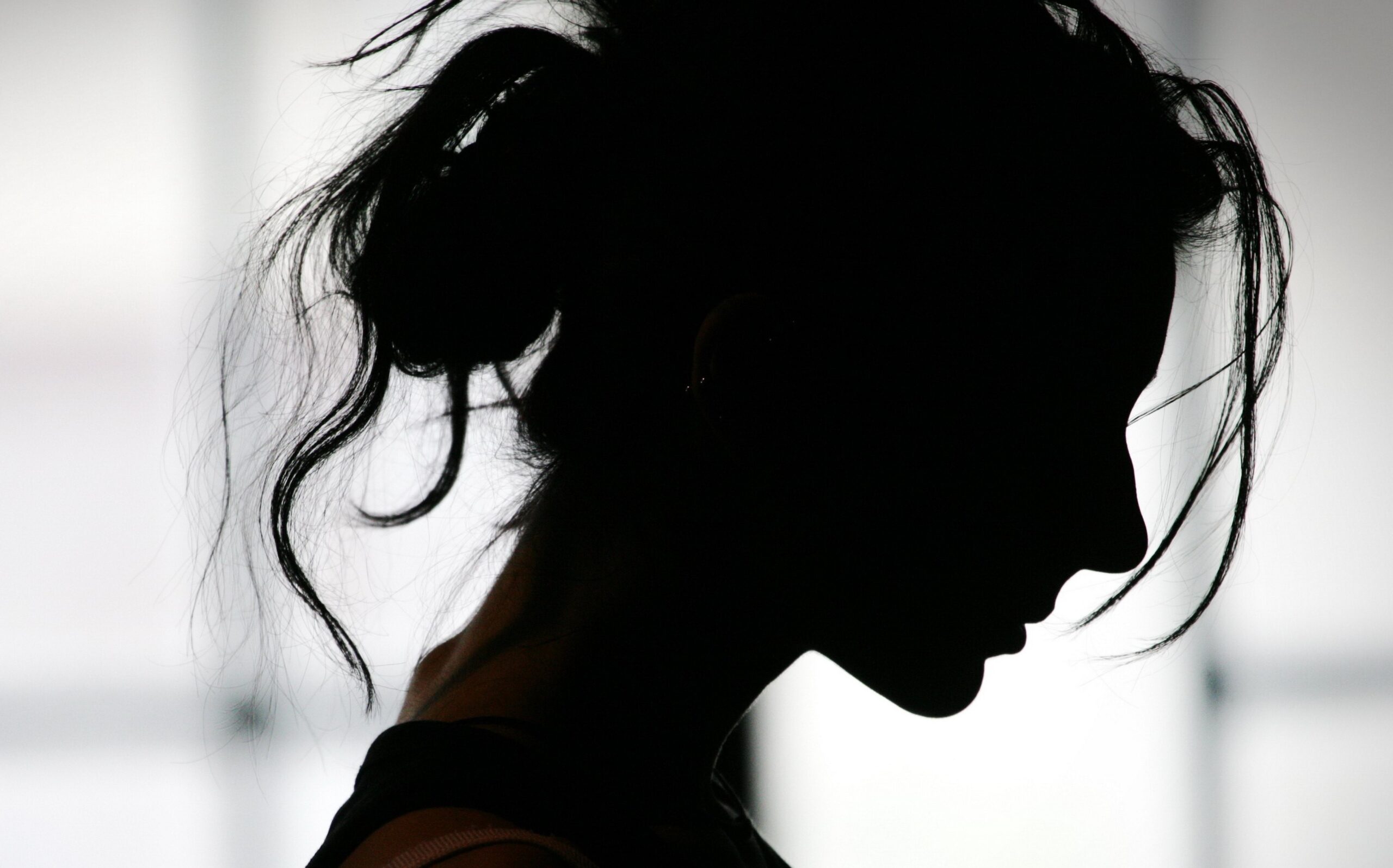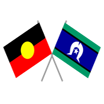
Domestic and family violence
Anyone can experience domestic and family violence. It happens across communities, ages, cultures and sexes.
What is domestic and family violence
Domestic and family violence occurs when someone who has a close personal relationship with you makes you feel afraid, powerless, or unsafe. It can be physical, but can also be emotional and psychological. Non-physical forms of abuse can be just as damaging as physical assaults. If you feel disrespected, unable to be yourself, afraid to disagree, or negotiate for what you want, this may be a sign of abuse. Forms of abuse and violence can include:
- Physical harm – threats of self/physical harm, smashing things, hurting pets
- Emotional and psychological abuse – humiliation, put-downs and blaming
- Financial abuse – strict or unfair control of money
- Verbal abuse – name-calling, yelling
- Social abuse – controlling where you go and who you see
- Sexual abuse – and rape
- Stalking – following, making excessive phone calls, texts or emails
- Spiritual or cultural abuse – controlling practices or choices
If you are experiencing abuse or violence it is not your fault. It is the abuser who is responsible.
Resources
- Fraser Coast Regional Council – Guides for Community Welfare and Support Services on the Fraser Coast
- How to apply for a Domestic Violence Order through the Courts
- Legal Aid information on Domestic Violence Orders
- The Bench Book: An online guide to Domestic and Famlity Violence for Legal Professionals and Service Providers
- Our Watch: A shared framework for the primary prevention of violence against women in Australia
- Our Watch: Respectful Relationships Education – Promoting a whole of school approch to gender equality and freedom from violence
- NAPCAN: Love Bites Respectful Relationships Program for young people age 15-17 years
- The “Duluth Model”: Common abuse behaviours used against women – Wheel Information Centre
Deciding to leave a violent relationship is a difficult decision and requires careful planning and support. Everyone has the right to respectful, loving relationships and no one should live in fear.
- Find supportive friends – talk to someone you trust. Do not try to cope alone.
- Contact a support group – they can offer you direct help through shared experiences.
- Make a safety plan – include emergency numbers, pack clothing/toiletries, important documents, medication etc in case you have to escape quickly.
- Contact the police – when you decide to leave – the police can be on standby when you leave to ensure your safety or if you need to return to collect possessions later on.
- See a doctor – if you are feeling anxious or depressed. Consider talking to a counsellor/psychologist about how the experience has affected you.
- Recognise your strengths – to create a more positive life. Your skills and abilities helped you leave an abusive relationship and are signs of your capability under intense pressure.
If you need immediate help call 000.
It is important to remember that there is help out there. Below are some resources on how you, or someone you know, can get assistance and support through domestic and family violence. For specific help for men and women or state-specific help, please see our tool kit below.
- 1800 RESPECT – National Sexual Assault, Domestic Family Violence Counselling Service 1800 737 732
- Relationships Australia 1300 364 277
- Mensline Australia 1300 789 978
Call 000 if you are in danger
For Crisis Support contact Lifeline on 13 11 14 (24/7) or via text nightly (6pm-midnight AEDT) on 0477 13 11 14
Get Help

Men

Women

Families & Children

Aboriginal & Torres Strait Islander

Counselling

Youth Services

Mental Health Services

Legal Services

Alcohol/Drugs/
Gambling/
Financial
Gambling/
Financial
We are dedicated to improving the lives of those in our community.

Recent Comments